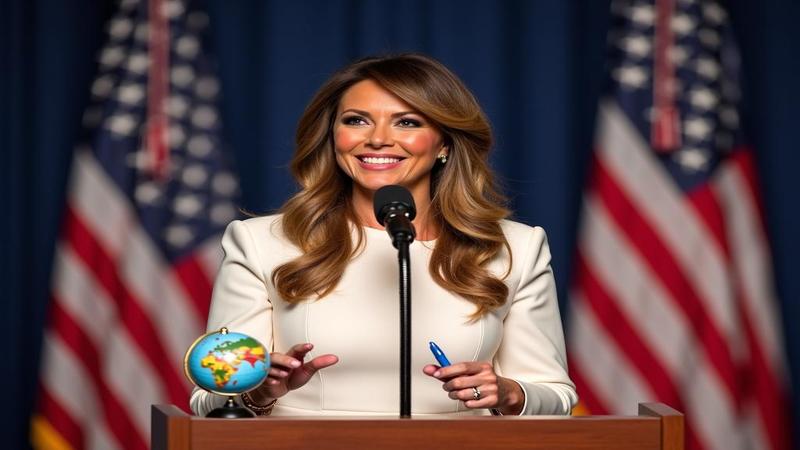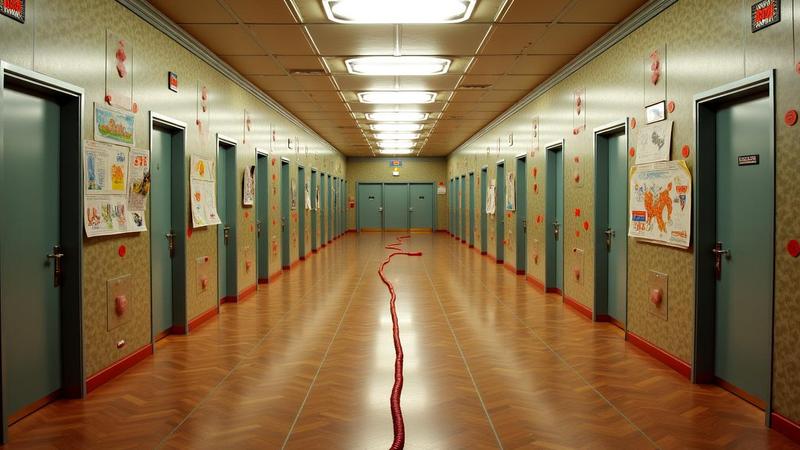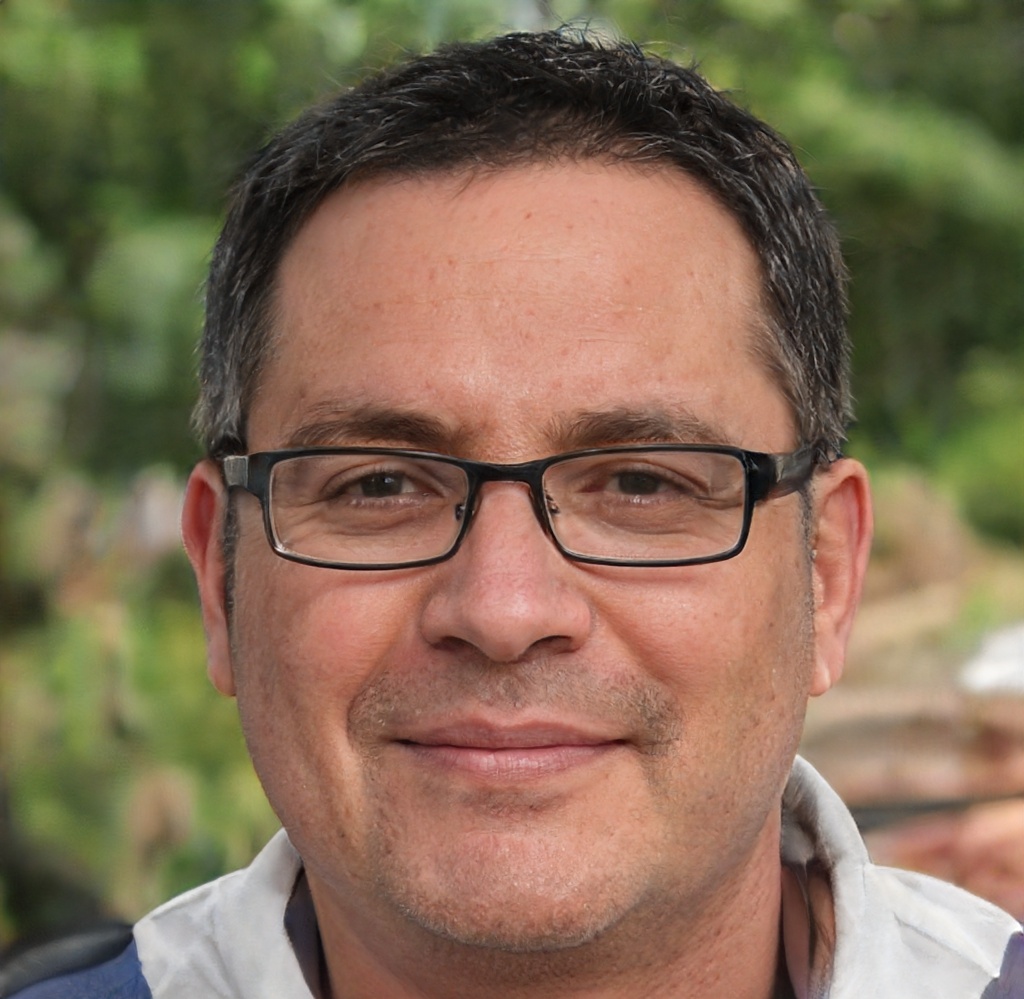Melania Says She And Putin Now Pen Pals For Children

In a development that answers the age-old question, “What if diplomacy was a PTA meeting?”, Melania Trump announced she and Vladimir Putin have been communicating about children affected by war. Insiders confirmed the vibe is “quiet luxury,” with an aftertaste of international incident.
According to sources familiar with the correspondence, the communications are as delicate as a crystal vase being shipped by catapult. She sends concerns written in cursive that looks expensive; he replies in consonants strong enough to annex a cupboard.
The messages reportedly travel via a secure line shaped like a snow globe, because nothing says stability like a blizzard you can shake. When asked for details, everyone smiled like mannequins who just heard sanctions.
Aides describe the initiative as “pen-pal diplomacy for the world’s most complicated detention.” Stationery is monogrammed, margins are tight, and the subject line is always “For the children,” which is also the subject line of every questionable policy since roads were invented.
Experts on conflict say it’s important to talk about children during war, ideally before, during, and after the war. Less ideal is during a press release wearing a face that says, “I have thoughts, and also curtain rods.”
Longtime Kremlin watchers say the outreach will be supported by a discreet communications device marketed as a bedtime-friendly phone. The brochure calls it a secure lullaby conferencing handset, which sounds like a teddy bear that knows your call is being recorded for quality assurance purposes.

On the ground, aid groups describe a supply chain that looks like an Escher drawing wearing a flak jacket. Boxes arrive, disappear, and reappear as talking points, like Schrödinger’s relief but with more hashtags.
Pundits debated the meaning of “communicating,” a word that now includes emails, calls, glances into the middle distance, and strategic nodding while a translator whispers, “He said ‘hmm,’ but militarized.” Polls show America is divided between “This is helpful,” “This is not helpful,” and “Is this a reboot of diplomacy or a furniture catalog?”
Children, being children, reportedly asked for safety, schools, and anything that wasn’t the sound of windows deciding to leave the building first. The response so far has been three folded pamphlets and an encouraging sentence that tried to hug but settled for hovering.
Officials promised practical support, including winter coats, fresh textbooks, and a palette of feelings. One procurement memo bragged about sourcing a thousand boxes of trauma-safe art therapy kit, because nothing defeats artillery like crayons that refuse to break under pressure.
Back channels remain busy, which is diplomatic for “Everyone is making eye contact like the last cookie at a summit.” Notes are exchanged, interpretations are interpreted, and a red phone rings gently the way a fire alarm rings gently in a yoga studio.
In the end, the world waits to see if this pen-pal diplomacy will move even a single checkpoint, or just add a tasteful watermark to the usual stalemate. Because when history is written, it won’t ask for a signature—it’ll ask if the kids made it home, stamped, sealed, and delivered like a diplomatic passport with crayons on the cover.
